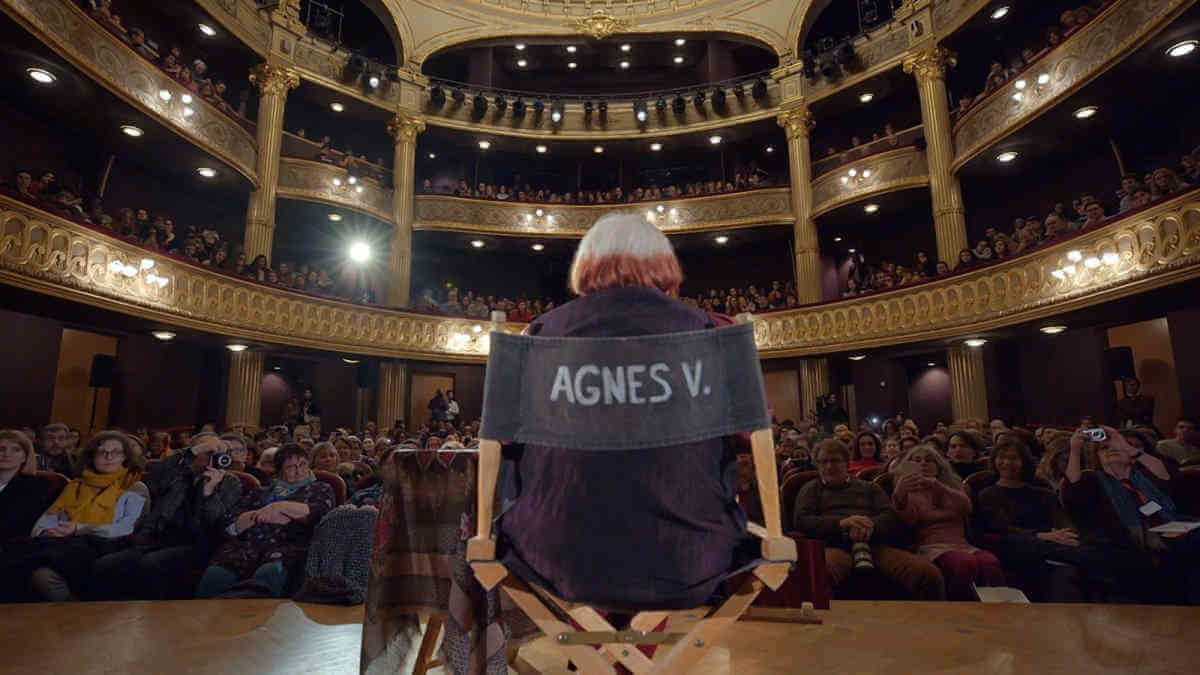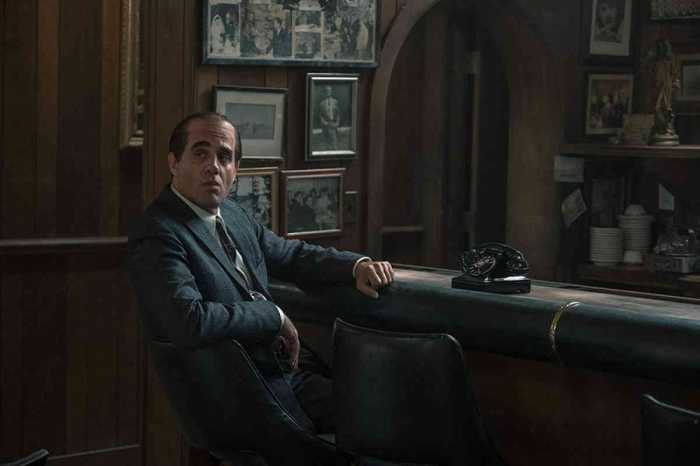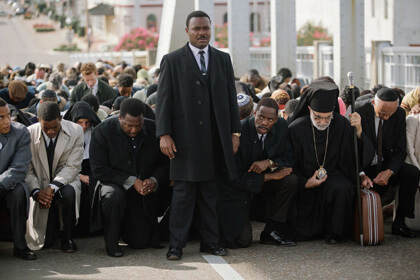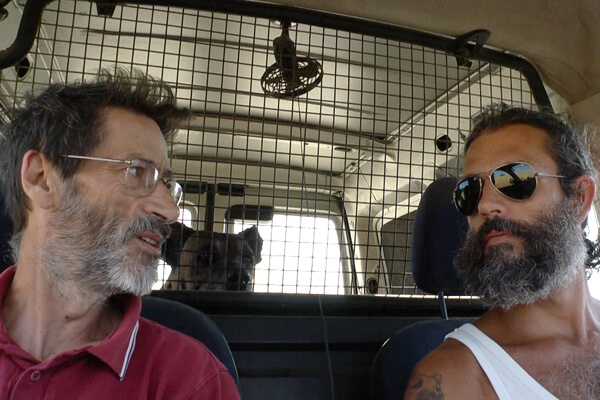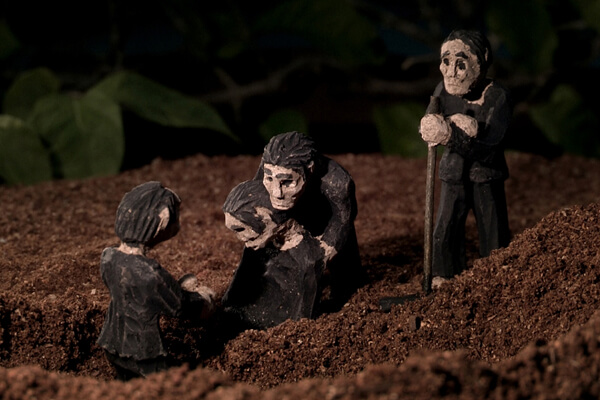Agnès Varda saw the future. From the very start of her career as a filmmaker, she tried to work as a one-woman band, eventually achieving a rare independence through digital video. Her debut feature “La Pointe Courte” paved the way for the French New Wave, but she stood apart from her colleagues there because she never abandoned shorts and documentaries. Perhaps her status as a perpetually underrated director, tied to a sexist condescension, kept her from limiting cinema to a narrative feature running at least 80 minutes. If one is barely granted entry to an art form, there’s no need to honor its rules (although men like Chris Marker and Jean-Luc Godard also realized the rules shouldn’t constrain them).
Varda kept getting re-introduced to American audiences, with “Vagabond,” “The Gleaners and I,” and her penultimate film “Faces Places.” By an ironic twist, “Faces Places” turned out to be by far her most popular release in the US, benefiting from the support of a distributor, the Cohen Media Group, which also owned the theater, the Quad, where it earned a substantial percentage of its gross. Her final film “Varda by Agnès” premiered at this year’s Berlin Film Festival only a month before her death.
Film at Lincoln Center plans a Varda retrospective starting December 20. “Varda by Agnès” runs down her thoughts on her major films in a few minutes. It is based around two lectures she gave at MoMA and the Cartier Foundation For Contemporary Art. It says something about Varda’s capacity to disrupt our categories that this film has been dismissed as a TED Talk rather than a real movie. But the exciting thing about it is that it might be both.
There’s even a technocratic element to “Varda by Agnès”: she praises the liberating potential of the digital camera. “The Gleaners and I,” a documentary she made in 2000 about people scavenging for useful but discarded food and objects, saw a radical value in it. While the idea of a director carrying around a tiny video camera quickly became banal, at the time she likened her ability to quickly film images without the need for a crew to the gleaners’ marginality. As the film’s title suggests, she started looking inward and putting herself at the front of her films. Looked at in a cynical light, she became a prophet of an era where artists need to become brands to find an audience.
Varda re-emerged as a cuddly, grandmotherly persona — someone filmmakers, especially women, could simultaneously respect as an inspiring precursor and view as a model for their own practice. Starting in late middle age and going into the 21st century, her own life become one of her main subjects, in films like “The Beaches of Agnès.” She also devoted three films, including the brilliant “Jacquot de Nantes,” to her late bisexual husband Jacques Demy.
But it’s evident she consciously created an appealing image. As she points out repeatedly in “Varda by Agnès,” she combed reality and fiction even in her slickest films. “Le Bonheur” is filled with bright primary colors and a soundtrack dominated by Mozart, but she cast non-professional actor Jean-Claude Drouot and his real wife and children in the lead roles. Her narrative films have a touch of reality — here, she includes a scene from “Cléo From 5 To 7” where the camera catches people obviously staring into it, startled by the film shoot. Her documentaries were willing to play with fiction.
The second half of “Varda by Agnès” finally ventures into a subject she hasn’t covered before: her work as a visual artist. Here, she returns to her roots as a photographer (which she pursued before becoming a director) and rethinks her practice for a time where cinema’s centrality has faded. In “Papautopia,” Varda created an installation mixing the real and reel: three screens of potatoes with 700 pounds of sprouting potatoes on the gallery in front of them. As film turned into a digital medium and cans of celluloid no longer became necessary to show it, she recycled canisters of “Le Bonheur” into a shack.
This idea of recycling is central to the achievements of “Varda by Agnès.” On the surface, it’s just a film of her talking about her films. But it’s very carefully crafted, cutting between her two lectures, scenes of Varda speaking outside (including a conversation in the rain with “Vagabond” actor Sandrine Bonnaire on the camera tracks where it was shot), and footage from her movies and other artwork. If one knows her films well, much of what Varda says will be familiar, but I can’t imagine this serving as a good intro to her work. I don’t think it needed to run over two hours. But even if it’s flawed, it reveals her constant re-invention. It also closes on the best possible note: a serene acceptance of her mortality that recognizes this would be her last chance to speak for herself.
VARDA BY AGNÈS | Directed by Agnès Varda | In French with English subtitles | Janus Films | Opens Nov. 22 | Film Forum, 209 W. Houston St.; filmforum.org | Film at Lincoln Center, Elinor Bunin Munroe Film Center, 144 W. 65th St.; filmlinc.org


